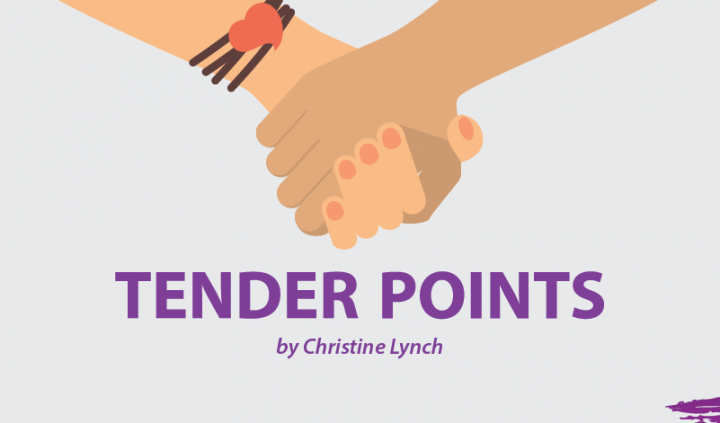Of the many blessings in my life, I consider my friends to be among the most valuable. I think that friendships are more precious to me than to other people because of the times in my life when I had none.
The reason for my previous lack of friends is clear to me. To have a friend, you need to be a friend. Sadly, the physical and psychological symptoms of fibromyalgia at times were so difficult that I had neither the desire nor the energy to be a friend, or much of anything else. Being a wife and mother was all I could handle, and often, it was more than I could handle.
Aside from family duties, my life was consumed with visits to doctors, pharmacists, and therapists in an effort to feel and function better. Finding little improvement, I turned to alternative therapies like meditation, acupuncture, reflexology, and chiropractic. I had no time for anything else.
And then I attended my first fibromyalgia support group meeting. There I felt safe and confident that I wouldn’t be negatively judged. No one would expect me to do anything I was unable to do, and I had the social interaction I needed in my life.
That was the beginning. For years, I attended a monthly meeting. I had found my people. I developed friendships. I learned to care for myself as much from fellow sufferers as I did from expert speakers. And then we moved.
It didn’t take long for me to find a new support group. By then, being part of a group was vital to my existence. When the group leader announced her intention to leave, I attended the training sessions offered at that time by the local arthritis foundation to qualify to replace her.
At first, being a group leader as well as a patient was very stressful. I had high expectations for what the group could and should be. I finally decided a co-leader could help. Fortunately, I found a willing candidate, and she made all the difference.
The job became enjoyable. Together we led a very active and useful group. This lesson and many others are detailed in the two chapters about fibromyalgia support groups in my book, “More Than Tender Points: A Fibromyalgia Memoir.”
One benefit of support group membership that is rarely discussed is learning to accept yourself “warts and all.” The best part about that benefit is that it’s transferrable. Feeling accepted in one situation gives a person the courage to reach out to other people, and not only those with fibromyalgia.
These days, I no longer attend a fibromyalgia support group regularly, although I never miss a meeting when there is a guest speaker booked.
As an alternative, I’m fortunate to have developed friendships with a group of several women who live fairly close by. Two of them are also former fibromyalgia support group members, so I don’t encounter a lack of understanding of my issues when they interfere with planned activities.
However, the rest of the group is “healthy” — although I’ve learned that there’s really no such thing. What I now know is that everyone has physical and psychological challenges. It’s just that some are more life-limiting than others. But we all have them.
I’ve also learned that most people are very understanding of the issues that fibromyalgia brings. Many either know of or are related to at least one other person who suffers from it. I don’t feel as “different” as I once did. I’m also much more tolerant of myself.
I’ve adopted a “pay it forward” life philosophy. On my good days, I take every opportunity to help whomever I can in whatever way I can. That way, I feel less guilty if I cannot help when asked or when I need to ask for help myself.
The best part about friendships, though, goes back to the old proverb, “Shared joy is a double joy; shared sorrow is half a sorrow.” So, I’m grateful to my friends for being there for me in every situation, for laughing together, crying together, and adding an extra dimension to my life — fibromyalgia and all.
***
Note: Fibromyalgia News Today is strictly a news and information website about the disease. It does not provide medical advice, diagnosis, or treatment. This content is not intended to be a substitute for professional medical advice, diagnosis, or treatment. Always seek the advice of your physician or other qualified health provider with any questions you may have regarding a medical condition. Never disregard professional medical advice or delay in seeking it because of something you have read on this website. The opinions expressed in this column are not those of Fibromyalgia News Today, or its parent company, BioNews Services, and are intended to spark discussion about issues pertaining to fibromyalgia.

